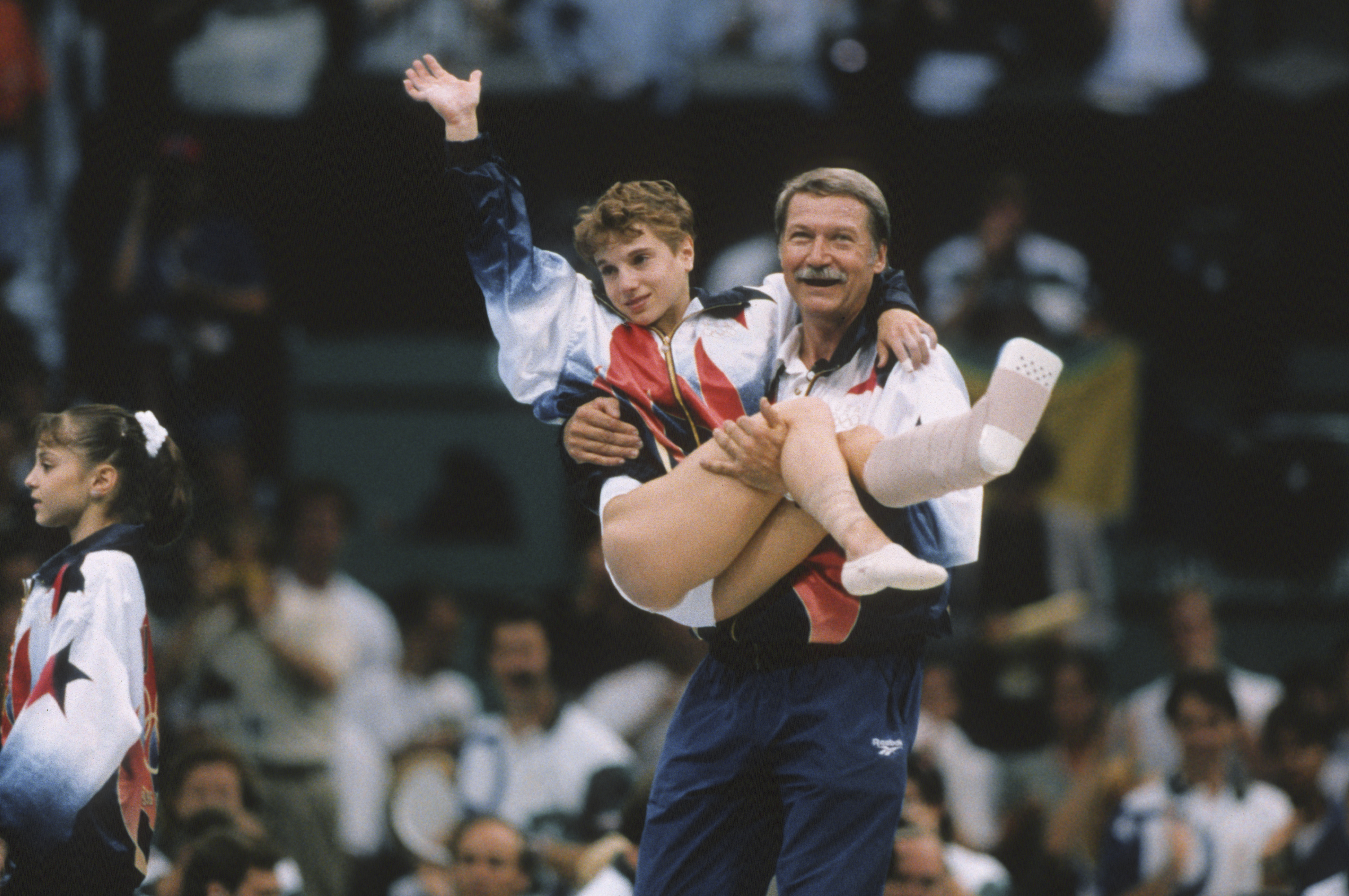U.S. track standout Sha’Carri Richardson's dreams of Olympic gold in the women's 100-meter race were shattered Friday after the 21-year-old sprinter was suspended from the Olympic team for testing positive for THC, a chemical found in marijuana.
Richardson failed a drug test at the Olympic trials last month in Eugene, Oregon, where she won the 100m in 10.86 seconds, according to the United States Anti-Doping Agency.
Now those results have been disqualified, the USADA said in a statement, with all medals, points and prizes forfeited. Richardson accepted the 30-day period of ineligibility that ends on July 27, which would be in time to run in the women’s relays. However, USA Track and Field has not disclosed plans for the relay.
In an interview Friday with NBC’s “Today” show, Richardson said she ingested marijuana as a way of coping with the recent death of her biological mother, which she first learned from a reporter.
We've got the news you need to know to start your day. Sign up for the First & 4Most morning newsletter — delivered to your inbox daily. Sign up here.
“I was definitely triggered and blinded by emotions, blinded by badness, and hurting, and hiding hurt,” she told NBC. “I know I can't hide myself, so in some type of way, I was trying to hide my pain.”
She added, “this will be the last time the Olympics don’t see Sha’Carri Richardson.”
Richardson had what could have been a three-month sanction reduced to one month because she participated in a counseling program.
U.S. & World
The day's top national and international news.
Richardson's suspension sparked outrage on social media and calls for the Olympics to change its policy on marijuana. Many also erroneously claimed that U.S. Olympic swimmer Michael Phelps was allowed to compete after being caught for a similar act.
Was Michael Phelps suspended for smoking weed?
Phelps received a three-month suspension from competition and lost his Kellogg sponsorship in 2009 after a photograph surfaced online showing the most decorated Olympian of all time smoking from a marijuana pipe. Phelps acknowledged at the time that the picture was authentic.
However, unlike Richardson, Phelps never tested positive for marijuana. The photograph was taken at a party six months six months after the 2008 Olympics. His suspension ended in time for the 2009 World Championships.
According to ESPN’s Aaron Dodson, Richardson will retain her Nike sponsorship.
““We appreciate Sha’Carri’s honesty and accountability and will continue to support her through this time,” Nike said in a statement.
Because Richardson “successfully completed a counseling program” regarding cannabis usage, she will only be ineligible for one month, the USADA said.
What is Olympic policy on athletes’ use of weed?
According to the U.S. Anti-Doping Agency, “For something to be added to the ... Prohibited List, it must meet two of the three inclusion criteria: a) it poses a health risk to athletes b) it has the potential to enhance performance and c) it violates the spirit of sport.” Though WADA has increased the threshold for a positive test, it has not taken marijuana off the list because it still asserts that the drug meets at least two of the above criteria.
After the London Olympics, international regulators relaxed the threshold for what constitutes a positive test for marijuana from 15 nanograms per milliliter to 150 ng/m. They explained the new threshold was an attempt to ensure that in-competition use is detected and not use during the days and weeks before competition.
Though there have been wide-ranging debates about whether marijuana should be considered a performance-enhancing drug, the U.S. Anti-Doping Agency says on its website that “all synthetic and naturally occurring cannabinoids are prohibited in-competition, except for cannabidiol (CBD),” a byproduct that is being explored for possible medical benefits.
Sports leagues across the country have relaxed their restrictions on cannabis over the last few years. In March 2020, the NFL raised the threshold for positive tests and began no longer suspending players solely for marijuana usage. In December 2019, the MLB removed cannabinoids from its drugs of abuse list.
Those policy shifts came as marijuana laws changed in states across the country. Recreational marijuana is legal in 18 states, including Oregon, where Richardson presumably used the substance, and Washington, D.C.
Richardson’s suspension, and the agency's acknowledgement that the drug was not used for performance-enhancing purposes, has prompted some calls for an Olympic policy change.
“Weed is great for many a thing but running faster isn't one of them. LET HER RUN!!!” Gabrielle Union wrote on Twitter.



